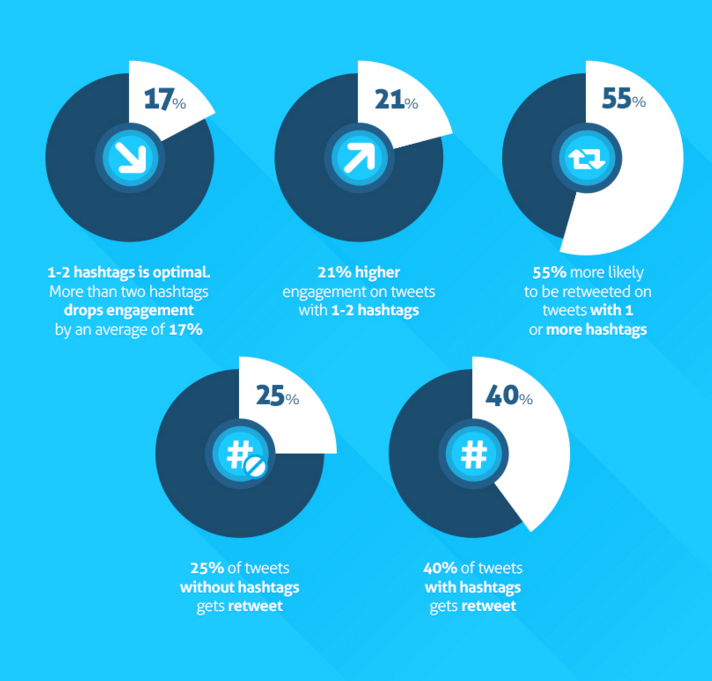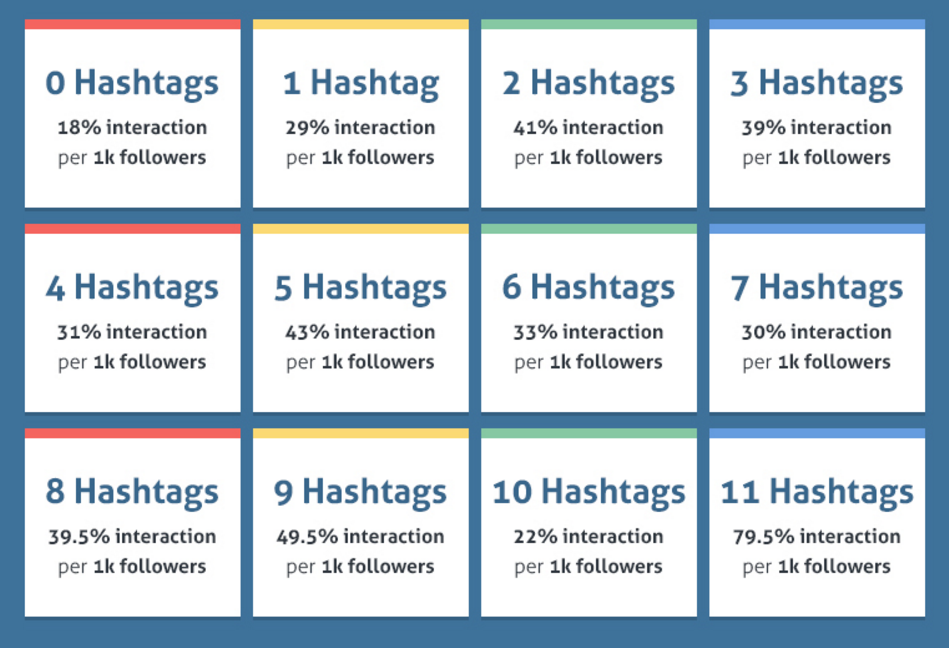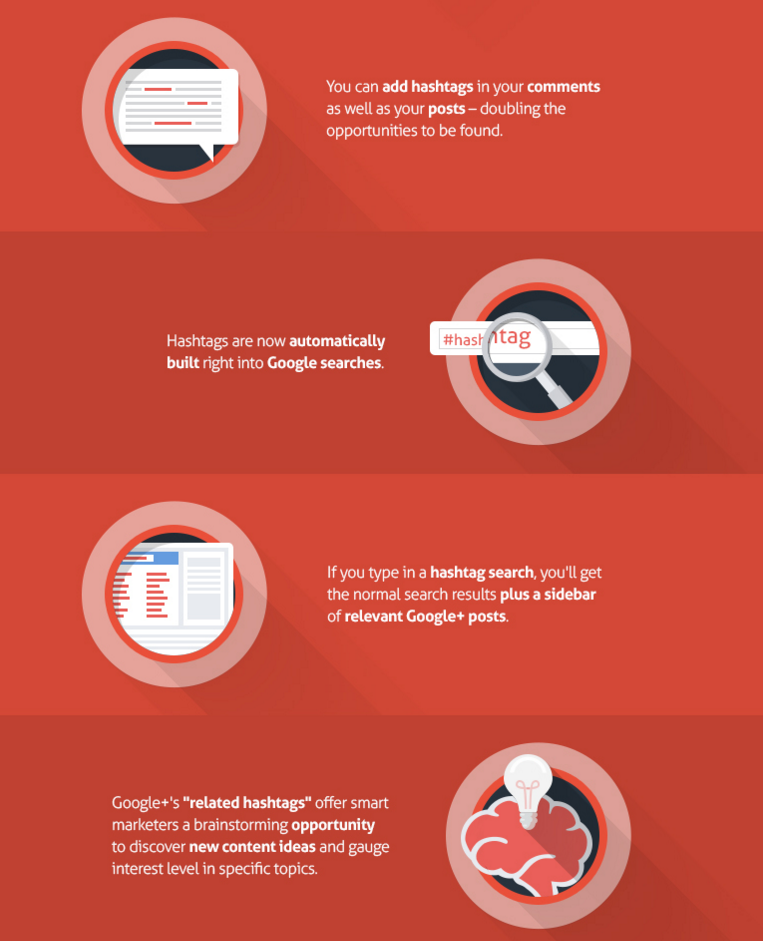By Gabrielle Diepenbrock
Hashtags have become a common way for millennials and individuals to express themselves on social media and reach out to the world around them. They can join in on conversations revolving around a certain topic and spurt their opinions to everyone interested in that topic.
But while hashtags are popular for individuals, how do businesses use hashtags and on what platforms do they use them?
This blog is a compilation of information from different social media experts that will dive into how businesses should use hashtags on a handful of social media platforms:
Twitter is where the hashtag phenomenon began, so it’s very natural to use them here.
The key takeaway is that hashtags on Twitter give you a higher chance to increase your impressions and engagement - as long as you keep it to a max of 2 hashtags. Twitter has a strict character count limit, so you want to make sure your message is meaningful to the conversation you are contributing to. For a general rule of thumb, it is not a good idea to have a post that is mainly composed of hashtags with hardly any regular text.
Quicksprout compiled data on the usage of hashtags, which you can see in the graphic below:

If you like hashtags, Instagram is the social media platform for you! Without a strict character limit (like Twitter), you can use multiple hashtags… And the more you use, the better! Instagram users tend to follow certain hashtags, so using these popular hashtags will greatly increase the exposure of your post.
Here is a Quicksprout graphic on Instagram hashtags:

It is strange to see how the interaction drops when using 10 hashtags, and then greatly increases when using 11 hashtags, but the overall idea is that hashtags are important on Instagram and will help increase interaction and engagement for you Instagram posts!
Facebook is tricky when it comes to hashtags. Unlike Twitter and Instagram, Facebook’s interface isn’t built around the use of hashtags.
Ian Cleary, from Razor Social, warns companies to be careful when using hashtags on Facebook. He recommends using only 1-2 hashtags at the max, and only using those hashtags when your content adds to a relevant conversation that already exists, or you wish to start a specific conversation about something that people would like to add on to.
Cleary also mentions that one benefit for using hashtags on Facebook is that Facebook creates a unique URL for the hashtags you use. That makes it easy to start a conversation and point people to that conversation so they can add their own thoughts and ideas.
But again, be careful. Many people still feel that hashtags on Facebook look unnatural and forced.
Google+
You might look at this platform and shake your head. Do people even use Google +? The answer is a small yes, some people do. And if you post on Google +, it will help your SEO ranking! So even though you might not get the most traffic from this platform, it’s still important to post.
As far as hashtags go on Google +, use them. Even if you don’t put hashtags on your Google + posts, it will automatically make them for you based on your post. So you might as well take control of some of the hashtags that are created, right?
And according to Post Planner, hashtags used on Google+ can now be found when doing a normal Google search! So you definitely want to use them!

Final Takeaways
No matter what platform you are posting on, make sure to check the conversations for the hashtags you are using! Are the people in the conversation the people you are trying to reach? Will your brand or company be well received in the conversation? And will your content match and be relevant to the conversation that is already happening?
And remember that when you start a hashtag conversation, you are allowing a public conversation to begin that you do not have complete control over. You need to research the hashtag beforehand, see if it already being used. If it safe to use, you then need to carefully monitor the conversation and be aware that the hashtag can backfire or be hijacked. Be sensitive to hashtags and situations that can lead to this.
Overall: Plan, research, and carefully monitor when using hashtags! They can be a great tool to increase the exposure and engagement of your posts!
Sources used:
https://www.postplanner.com/how-to-use-hashtags-on-twitter-facebook-instagram-google-plus/
https://www.postplanner.com/how-to-use-hashtags-on-facebook/
http://contentmarketinginstitute.com/2014/02/hashtags-social-media-content/
https://searchenginewatch.com/sew/how-to/2305444/the-role-of-hashtags-in-social-media-and-search
https://www.quicksprout.com/2015/02/20/the-ultimate-guide-to-hashtags/


